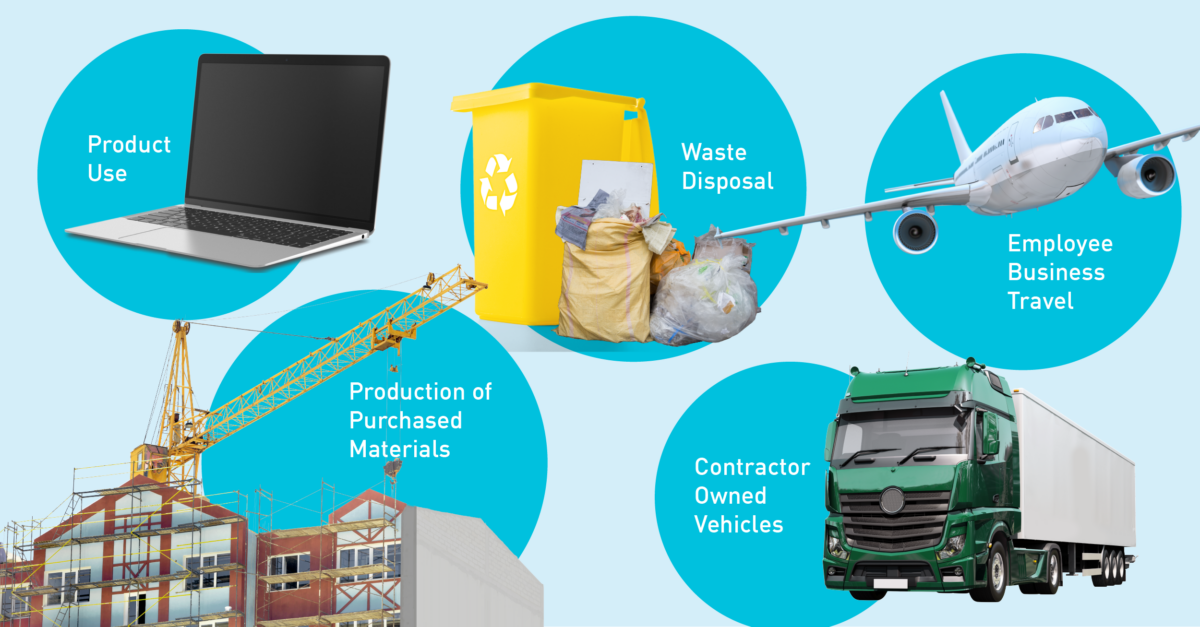
Archives: Blogs
Displays Blogs and their ratings




When you’ve been around outsourcing and sustainability for as long as I have, you develop a complicated response to new buzzwords.
On the one hand, I’m thrilled by any new positive momentum towards a more sustainable future. On the other hand, I’ve seen a lot of exciting things slowly fade away. It happens.
Yet every so often, buzzwords become something much bigger than any of us.
Recently, at the IAOP’s Outsourcing World Summit in Chicago, I found myself surrounded by a room full of people passionately exploring impact sourcing as a solution for businesses.
And all I could think was, “Wow. This is really happening. The time is now.”
To me, it’s a triumph that impact sourcing is something procurement departments talk about today. And I’m particularly impressed by how mature the conversation is.
But if we want to make sure all this momentum around impact sourcing makes a real difference, I think we need to start talking about intentionality.
What’s the intention behind impact sourcing?
When it comes right down to it, the intention behind an initiative is always more important than the label you put on it. This is true if you’re changing core processes in a single business or if you’re facilitating sustainable development on a global scale.
Because you can only measure the impact of any initiative in the context of its explicit goals.
The intention is the measure.
In the case of impact sourcing, this raises some strategic questions across the ecosystem.
Is impact sourcing about numbers? Is it about pure philanthropy?
For businesses, is the intention behind impact sourcing the impact itself? Or is it about the process used – the supply chain ESG reporting and management? There are no wrong answers here. But it’s important to be clear about intentions.
For outsourcers, how do we measure impact? Is employing a call centre in Rwanda more impactful than improving the diversity in a business’ executive ranks? The choice is hardly straightforward.
For the global community, exactly how much more responsible and accountable do we want to be for the way we hire and employ people around the world?
The answers to these questions will naturally vary across the community. But in my view, these are precisely the conversations we need to be having if we want to make sure impact sourcing is more than a buzzword.
Without a clear definition of intent, anything could be touted as impact sourcing. When that happens, it invariably muddies the waters.
For instance, to some, impact sourcing might mean temporarily hiring people in a developing country. To others it might mean trying to help underemployed demographics like women with disabilities by providing them with education and job training.
And to be clear, both of these are perfectly valid. But there’s a notable difference in intent and, in my experience, that difference matters.
At ADEC Innovations, we spend a lot of time thinking about whether we’re contributing more to the world than we’re taking from it. Some of our impact sourcing initiatives therefore tend to look a little bigger than usual.
For example, we own and operate the only college in Silay in the Philippines. Why? Because our intention is to empower more young people with gainful employment through education. To us, that is what impact sourcing can be.
At the same time we also have initiatives that accomplish job creation in a far more traditional sense.
We set up our ADEC Kenya delivery centre just outside of Nairobi so we could bring employment opportunities closer to people who typically walk thirty miles a day just to get to work.
The intent is what drives these initiatives – far more than if the initiative is called one word or another. It’s what drives strategic choices like whether the impact sourcing needs to happen on or off-shore.
For instance, in Ireland, we partnered with Turas Nua in Ireland to help long-time unemployed people to build careers in the customer service industry. Even in the US, we’ve helped global businesses employ single American mothers who can only work remotely.
At the end of the day, what we want is a world where every member of the ecosystem does their part to contribute to common goals around sustainability. That everyone makes a sincere contribution they can sustainably commit to.
The intent matters because the measurability of these contributions matters immensely.
It matters to the businesses spending money on these initiatives. And it most certainly matters to the people building their lives around the success of these initiatives.
The onus is on outsourcers
In every sector, in every country, populations and businesses are facing up to a diverse range of, frankly, existential threats.
Between the impending fallout of aging populations and the millions of jobs being created and destroyed by AI, it’s clear to me that outsourcers are about to take on an even more prominent role in the global economy.
As much as that should excite me, I’m also humbled by the responsibility it entails.
My hope is that as we move forward and deal with all these challenges, we do so with a clearer, more measurable view of what businesses want, what outsourcers can do and how the product of our endeavours impact the world.
Impact sourcing could end up being some buzzword we forget about.
Or it can be a catalyst for concrete change at a global scale.
The difference will be our collective intent.
THE ORIGINAL ARTICLE WAS POSTED ON LINKEDIN BY JAMES DONOVAN, GLOBAL CEO OF ADEC INNOVATIONS.

On the surface, outsourcing is about reducing costs. But there’s a bigger picture.
Private equity firms are also trying to implement more optimised and sustainable ways of operating inside their portfolio companies. And outsourcing helps them establish the three key ingredients for this type of transformation.
- Accountability at scale
When businesses outsource essential areas like finance, customer service and back-office functions, the first thing you gain is accountability at every layer of the operation.
The very process of setting up an outsourcing relationship establishes clear performance targets and benchmarks for every function.
These are then codified into SLAs to ensure that both people within the business and those partners supporting it are all accountable to specific metrics that are religiously tracked.
The result is a culture of tightly-defined performance criteria, transparency and clarity of responsibilities, often very different from how internal teams operate.
Crucially, this structure is designed to operate at scale.
So, even global businesses that oversee 10 million transactions a year (and more) can operate with a high degree of accountability to specific performance targets.
- Cohesive optimisation
Outsourcing doesn’t just help businesses reduce costs in the short term. It also helps them establish a holistic approach to optimising performance in the long-term.
In practice, that means that any given challenge isn’t viewed in isolation. Instead, the business can look for solutions in the broader context of its technology, processes and organisational structure.
Take the case of Vodafone UK’s customer service operation. When it needed to reduce the burden on its call centre operations, it turned out that the most efficient way to solve the problem was by making a relatively small change to its IVR system.
Instead of an overwrought, unnecessarily large transformation, the business could make a big difference with a small change.
Outsourcing helps businesses diagnose problems in the appropriate context to identify surprisingly cost-effective solutions that make a big, long-term impact.
Experienced outsourcers combine deep domain expertise with a holistic view of all the people, processes and technologies that make up a business unit.
This leaves the business flexible to solve problems through process excellence, automation or better communication.
- A long-term approach to staffing
Businesses owned by private equity need the ability to scale their operations in a stable way. Outsourcing gives them cost-effective and sustainable options for doing that.
First, because outsourcing – and offshoring in particular – gives businesses access to talented people at optimized rates and at lower-cost locations.
And second, because approaches like impact sourcing help businesses achieve their diversity, DE&I, CSR and ESG goals.
But the real value lies in the longevity of these hires.
Offshoring and impact sourcing don’t just give you access to diverse talent – they give you the stability of a team that’s incentivized to stay.
For instance, a global leader in HR solutions has been able to retain 64% of its staff for more than three years, thanks to offshoring in the Philippines. Similarly, ADEC Innovation’s impact sourcing operation in Kenya has a turnover rate of just 8% annually.
The result is that your processes are stewarded by people who know them so well they become natural centres of excellence.
The result is sustainable growth.
When businesses outsource, they gain more than cost-savings. They become more accountable, they improve in more cohesive ways and they set themselves up for long-term growth.
Similarly, offshoring and impact sourcing initiatives don’t just help businesses meet CSR and ESG requirements. They help businesses perform in more reliable ways with a dedicated workforce.
This is the real value of outsourcing. And it’s why private equity firms are taking note.










